
Bizánc meghódítása
¥23.05
Bizánc meghódítása
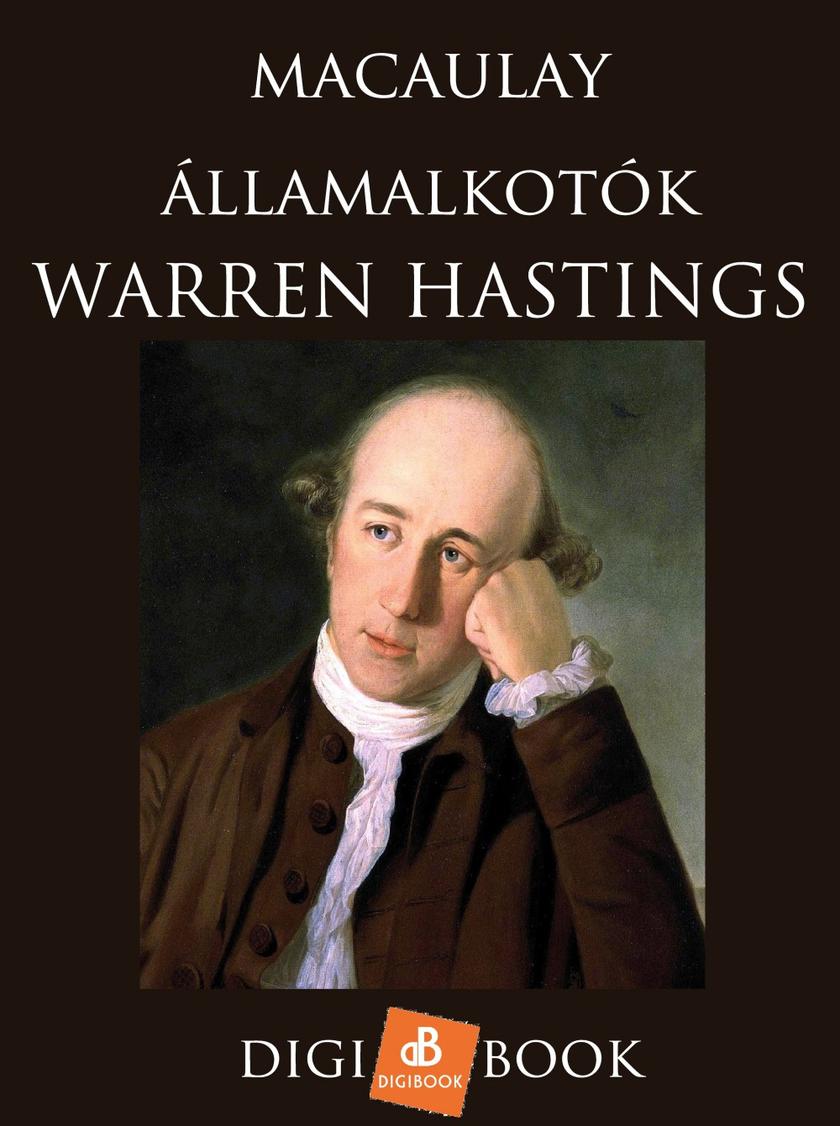
?llamalkotók: Warren Hastings
¥23.05
llamalkotók: Warren Hastings
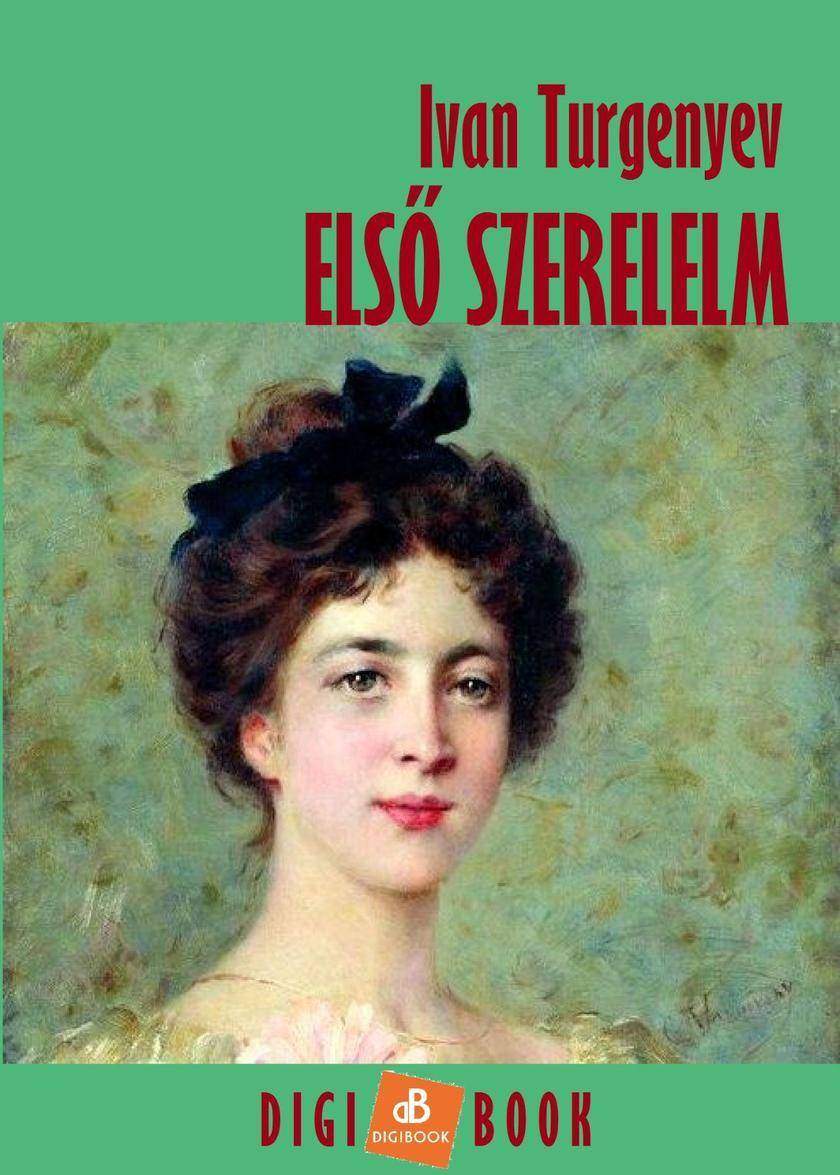
Els? szerelem
¥23.05
Els? szerelem
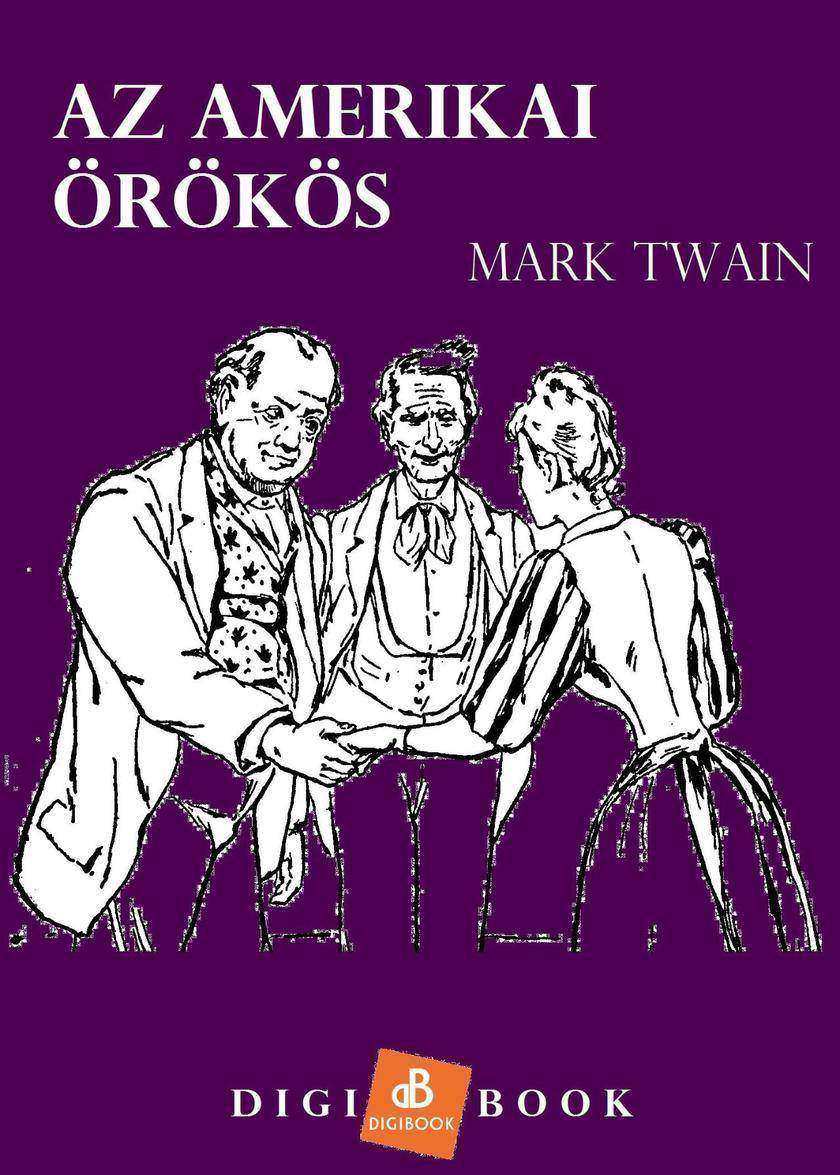
Az amerikai ?r?k?s
¥23.05
Az amerikai ?r?k?s

A szerelemr?l
¥23.05
A szerelemr?l
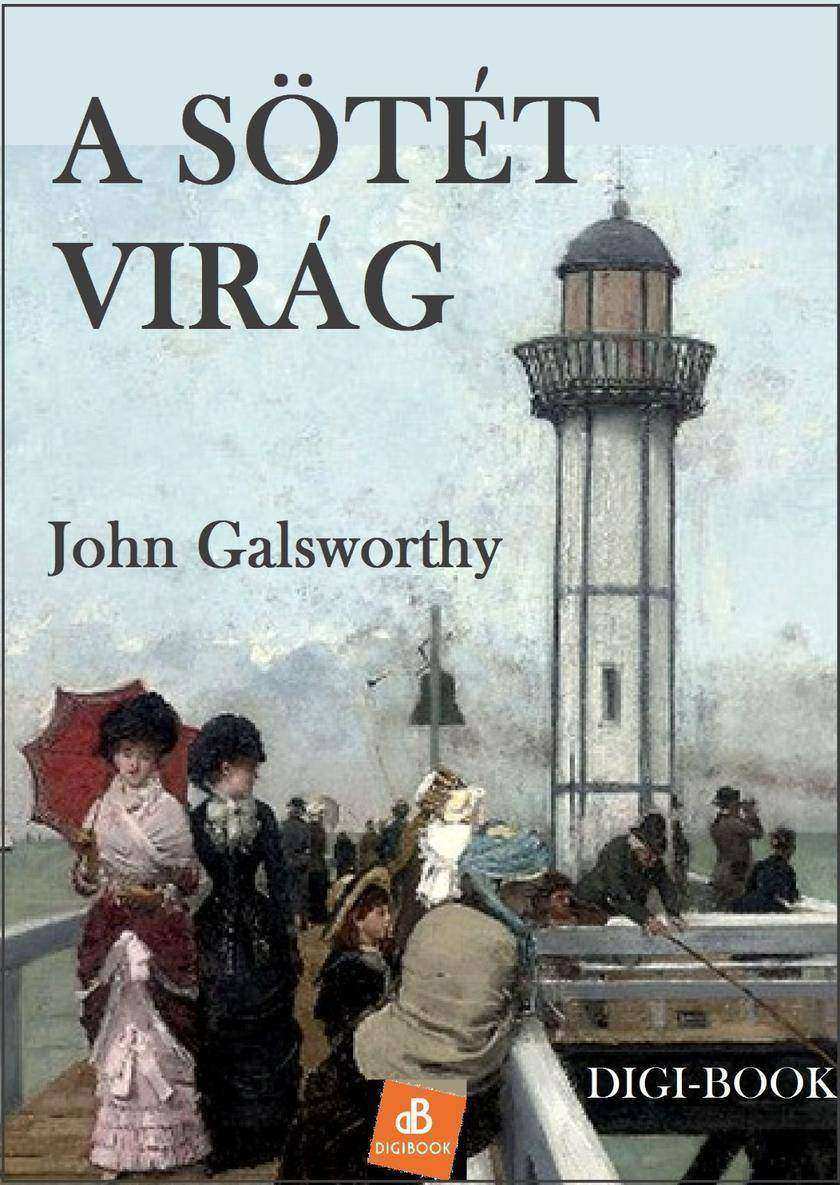
A s?tét virág
¥23.05
A s?tét virág

A F?ld csodái
¥23.05
A F?ld csodái
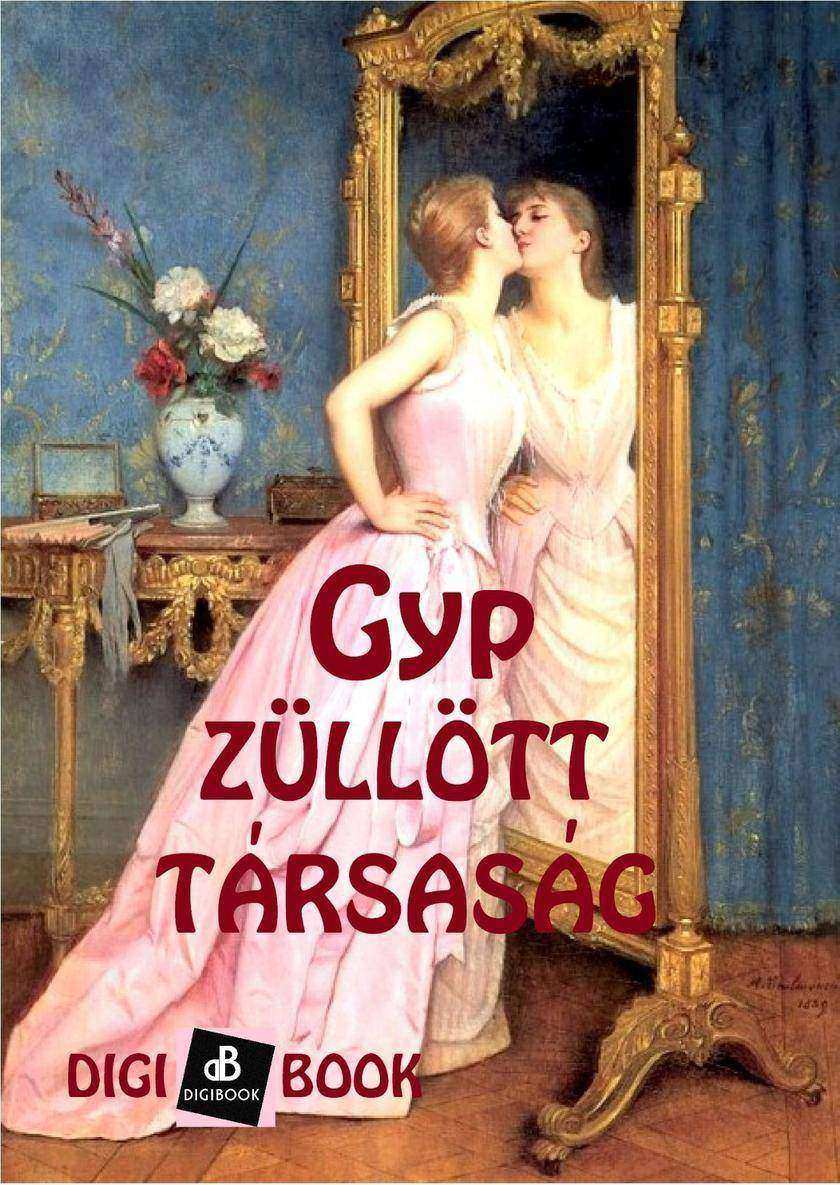
Züll?tt társaság
¥23.05
Züll?tt társaság
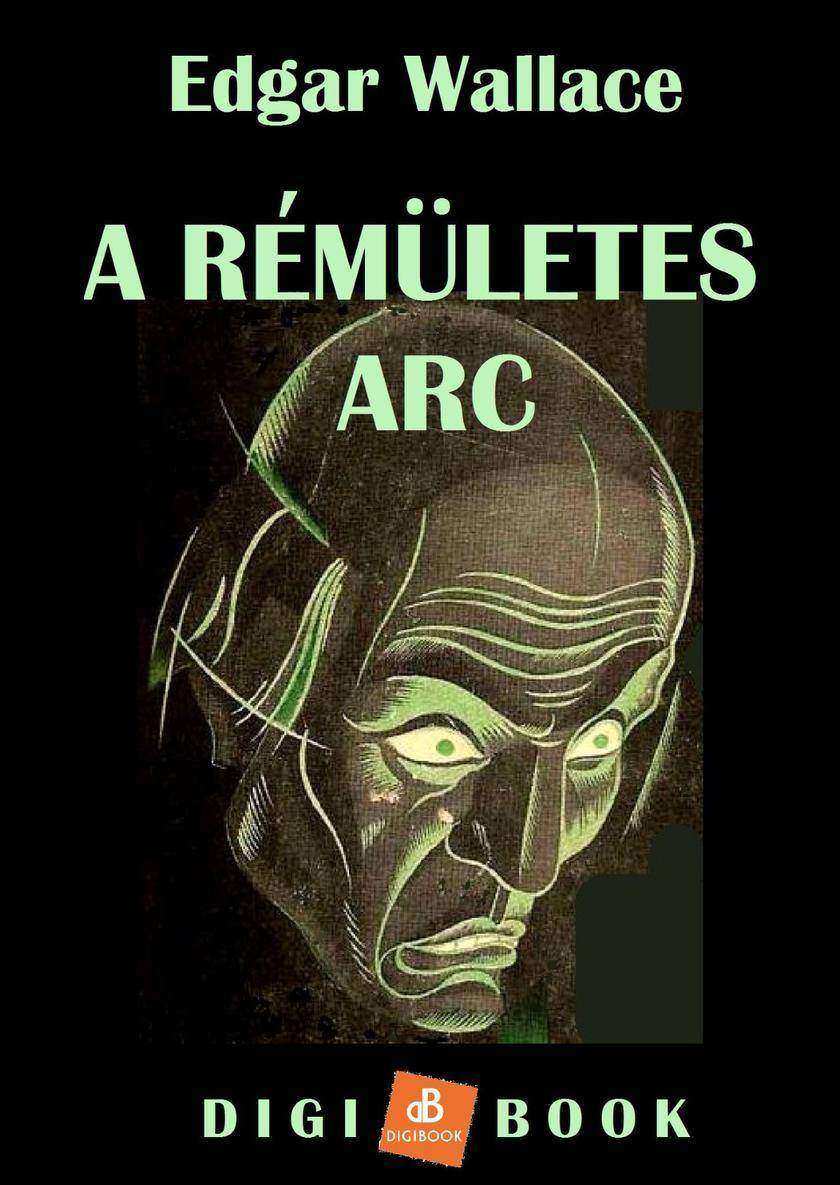
A rémületes arc
¥23.05
A rémületes arc

Rejtélyes foglyok a Szaharában
¥23.05
Rejtélyes foglyok a Szaharában
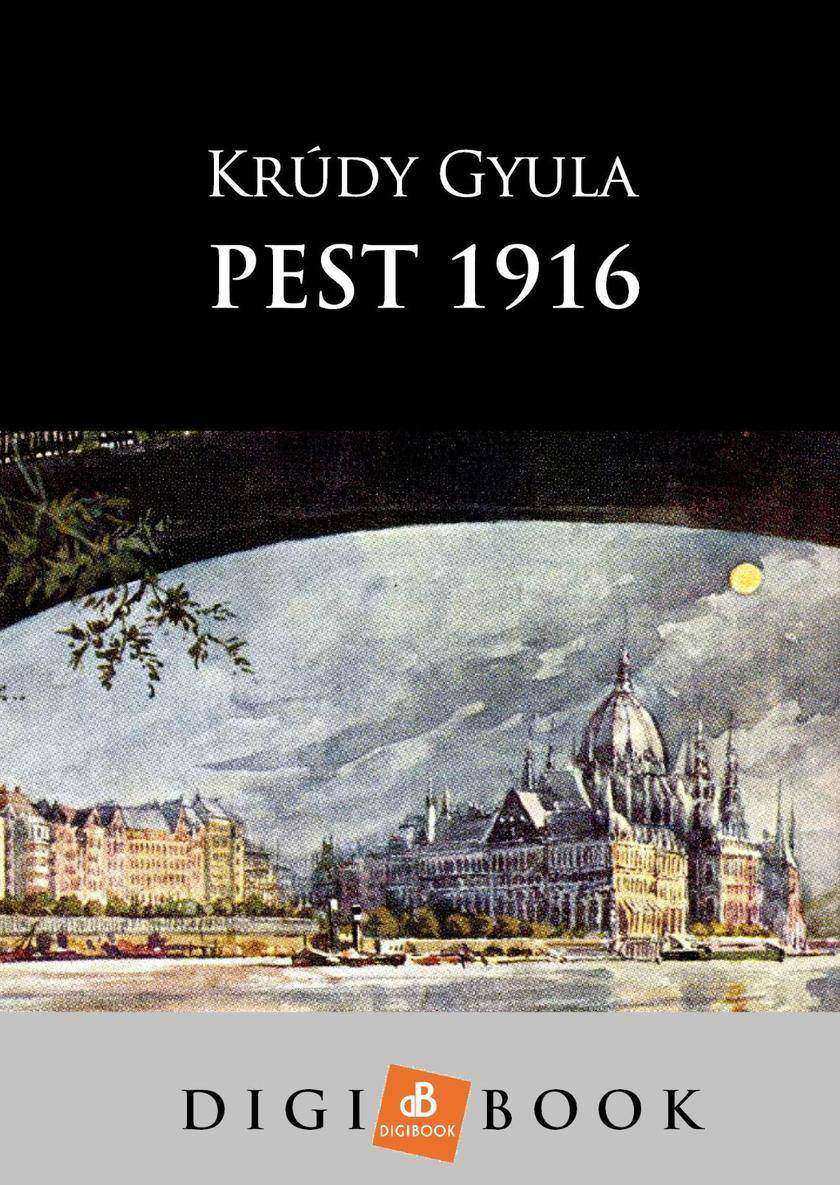
Pest, 1916
¥23.05
Pest, 1916

Oameni de nic?ieri
¥22.99
Atunci c?nd Iisus le spune ucenicilor, ?n Evanghelia dup? Matei, 5:14, enun??nd ?fericirile“ (?n Cuv?ntarea de pe munte) c? ?voi sunte?i lumina lumii. O cetate situat? pe un munte nu poate s? r?m?n? ascuns?“, accep?iunea e strict metaforic?, la fel cum se ?nt?mpl? ?i ?n foarte cunoscuta scen? a Schimb?rii la fa??, tot ?n Mat. 17:2, unde se spune c? ?El s-a schimbat la fa?? ?naintea lor; fa?a lui a str?lucit ca Soarele ?i hainele i s-au f?cut albe ca lumina“. ?n Evanghelia dup? Marcu, mai aspr? ?i – dup? cum ?tim – mai veche dec?t aceea a lui Matei, lumina are, de asemenea, o accep?iune metaforic?, fiind asociat? cunoa?terii ezoterice pe care, prin credin??, o vor dob?ndi cre?tinii, spre deosebire de celelalte neamuri, c?rora le este rezervat? doar o cunoa?tere exoteric?. ?tefan Borbély

Will You Love Me?: The story of my adopted daughter Lucy: Part 2 of 3
¥22.76
The eleventh memoir and latest title from the internationally bestselling author and foster carer Cathy Glass. This book tells the true story of Cathy’s adopted daughter Lucy. Lucy was born to a single mother who had been abused and neglected for most of her own childhood. Right from the beginning Lucy’s mother couldn’t cope, but it wasn’t until Lucy reached eight years old that she was finally taken into permanent foster care. By the time Lucy is brought to live with Cathy she is eleven years old and severely distressed after being moved from one foster home to another. Withdrawn, refusing to eat and three years behind in her schooling, it is thought that the damage Lucy has suffered is irreversible. But Cathy and her two children bond with Lucy quickly, and break through to Lucy in a way no-one else has been able to, finally showing her the loving home she never believed existed. Cathy and Lucy believe they were always destined to be mother and daughter – it just took them a little while to find each other.

A bánya
¥22.73
A bánya

Világok harca
¥22.73
Világok harca

Er?ltetett menet
¥22.73
Er?ltetett menet

A tisztesség nevében
¥22.73
A tisztesség nevében

A pápaság
¥22.73
A pápaság

Columbus uti naplója
¥22.73
Columbus uti naplója

Kerek Ferkó
¥22.73
Kerek Ferkó

Tamás
¥22.73
Tamás




 购物车
购物车 个人中心
个人中心



